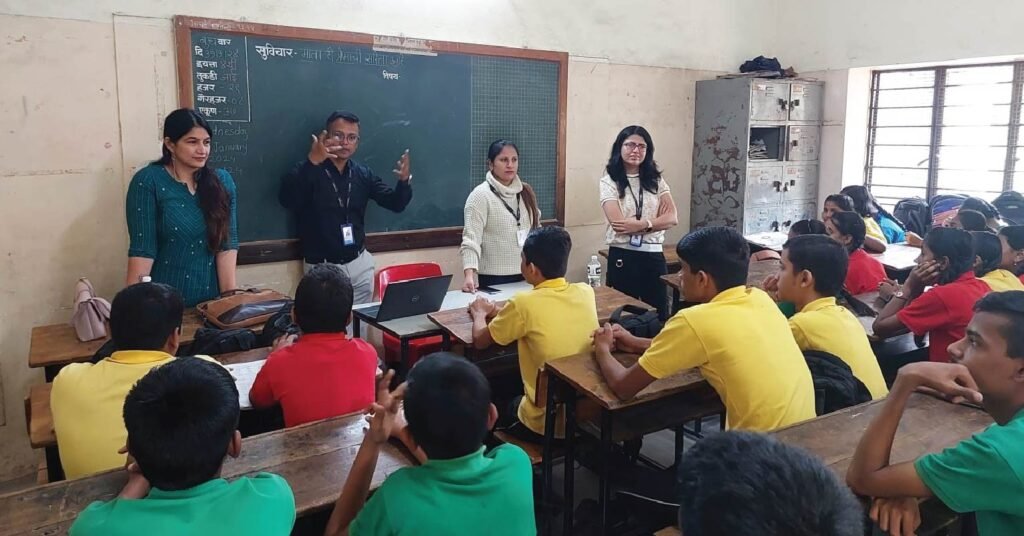STEM (Science, Technology, Engineering, and Mathematics) Education plays a very important role in shaping the future of our society, promoting innovation, and addressing global challenges. However, misconceptions surrounding STEM learning dissuade individuals from exploring these fields. Review this article and debunk some frequent myths associated with STEM Education Learning.
STEM Learning is All About Memorization
A frequent misconception is that STEM education goes around rote memorization of facts and formulas. In reality, the STEM Education foregrounds critical thinking, problem-solving, and creativity. STEM motivates students to explore, question, and apply knowledge in practical situations. Hands-on experiences, experiments, and real-world applications are essential components of effective STEM education, dismissing the fact that it’s a mere memorization exercise.
STEM Education is only for Geniuses
One of the most frequent misconceptions is that the STEM Education is reserved for intellectual students. In reality, STEM education is developed for everyone, irrespective of their perceived intelligence. In STEM Education, success is more about dedication, curiosity, and the willingness to learn. By providing accessible resources and support, the STEM Education entitles individuals to develop their skills and contribute relevantly to these disciplines.
STEM is Only for Boys
Gender stereotypes are the barriers in every field. However, debunking this myth is crucial for promoting diversity and inclusivity. Numerous female scientists, engineers, and mathematicians have made countless contributions. STEM Education actively work towards breaking gender biases and promoting equal opportunities, observing that innovation flourishes on diverse perspectives.
STEM is Exclusively for High-Achievers
Some believe that STEM education is reserved only for academically advanced students. In truth, the STEM Education leads to a wide range of abilities by accommodating diverse learning styles and levels and supporting those who need extra assistance. By adopting inclusive teaching methodologies, STEM educators aim to inspire and engage with students at various academic levels, promoting a passion for learning, acknowledging and exploring.
STEM Education is Limited to a Few Specializations in Careers
Another misconception is that STEM Education are limited to a narrow set of specializations. The STEM Education acknowledges various fields, from biology and physics to computer science and environmental engineering. STEM Education learning exposes students to diversity, providing opportunities to explore their interests and aptitudes and breaking free from the myth that careers in STEM Education are limited to a few specializations.
STEM Education is Expensive and Inaccessible
Cost barriers often play a role as a barrier to students from pursuing STEM education. However, STEM Education actively works towards accessing education to all by providing scholarships, grants, and community programs to overcome the financial gap and ensure that every student in STEM can pursue their educational goals.
Debunking myths about STEM Education learning is essential for promoting a more inclusive, diverse, and innovative future. By dismissing misconceptions surrounding intelligence, gender, memorization, achievement, career options, and accessibility, the STEM Education encourages a new generation of learners. Their commitment to providing equal opportunities and promoting a clear understanding of STEM will add value to society where any student can explore the world of STEM (Science, Technology, Engineering and Mathematics).

